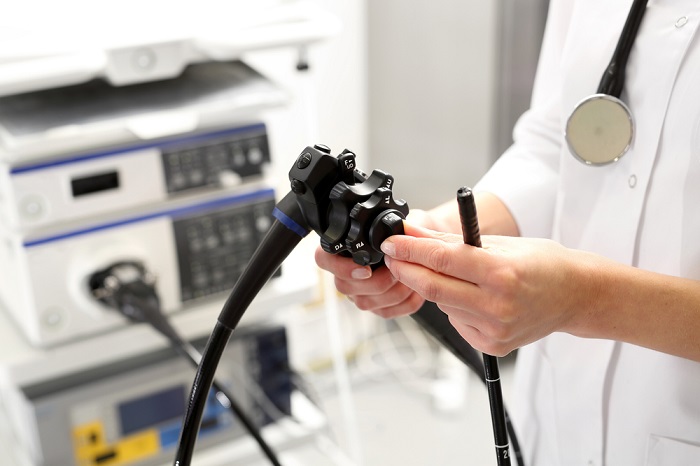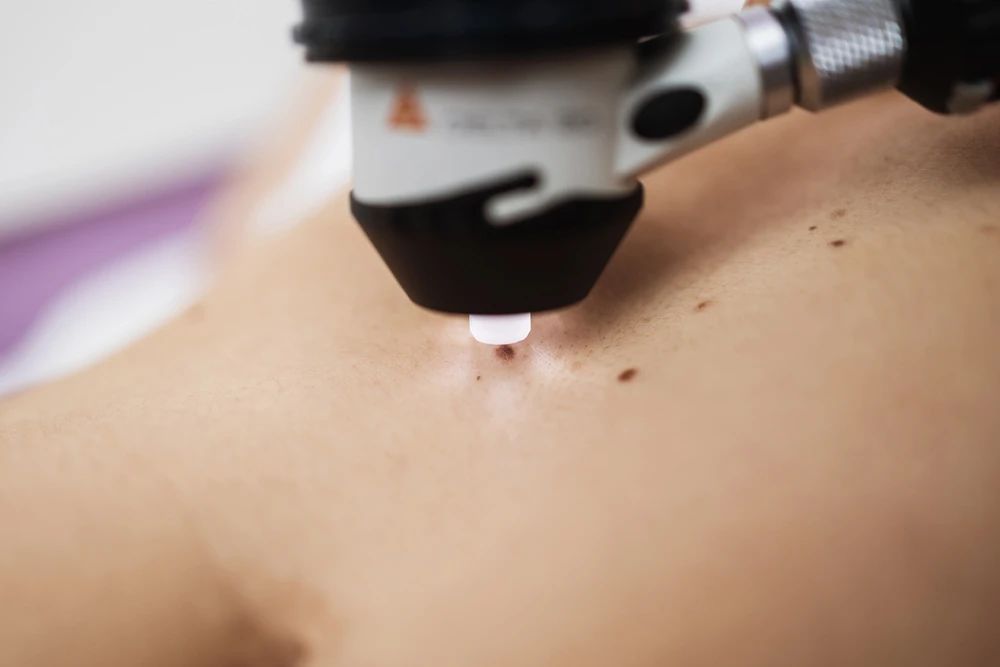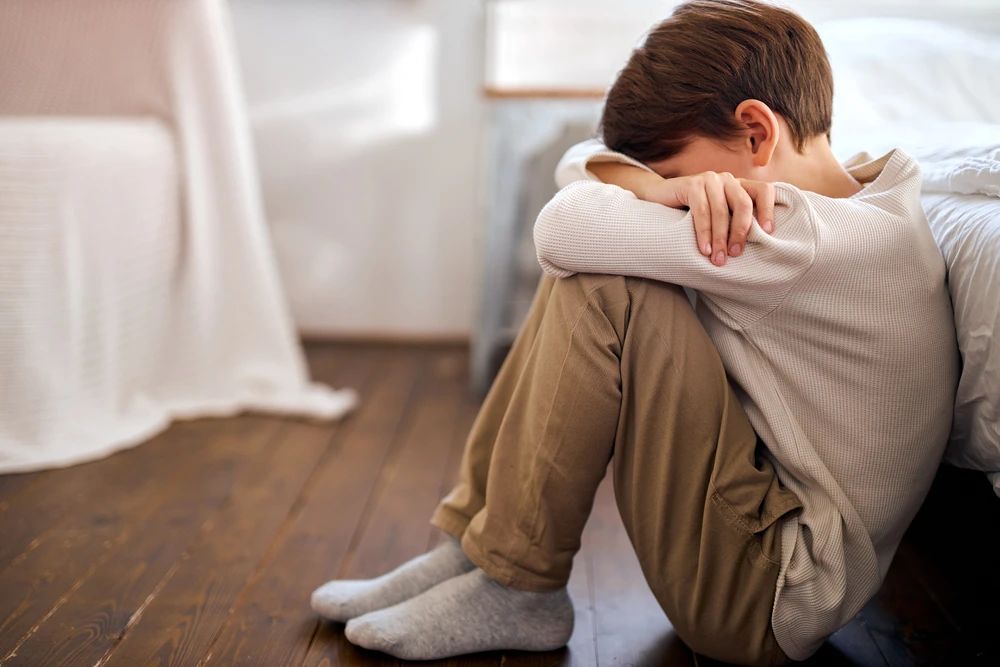2 Scopes to Check Your Gastrointestinal Tract
2021-11-09

Dr. Akiko Tomonari, Gastroenterologist at ParkwayHealth, shares some tests used to check for gastrointestinal problems.
If you’re experiencing unusual but non-specific symptoms like bloating, heartburn or tummy pain, it can be hard to pinpoint a cause without further investigation.
Your doctor can help you work out what’s going on. Here is 2 of the main methods for diagnosing digestive conditions.
You can also speak to a gastroenterologist to find out which test is most suitable for your needs.
1. Gastroscopy
What is a gastroscopy?
A gastroscopy checks your food pipe, stomach and upper part of the small intestine (duodenum) for abnormalities. This minimally invasive procedure uses a thin, flexible camera, which is inserted through your mouth into your stomach and duodenum, to diagnose problems and take tissue samples.
What does a gastroscopy detect?
Your doctor may recommend a gastroscopy to:
- Investigate the cause of unexplained symptoms, such as abdominal pain, vomiting, heartburn, bloating, anemia or unexplained weight loss
- Check for ulcers, cancer and precancerous growths or conditions
Who can benefit from a gastroscopy?
Anyone with unexplained stomach symptoms or persistent heartburn may need a gastroscopy. Your doctor may also suggest the procedure if you’ve swallowed a foreign object by accident, or if you have small non-cancerous or cancerous growths that need to be removed from your stomach.
What can you expect during a gastroscopy?
Your doctor may use a sedative to relax you before inserting the thin camera down your throat, down to your stomach and duodenum. You’ll be lying on your side during the procedure, which lasts about 15-20 minutes.
How to prepare for a gastroscopy?
You’ll need an empty stomach for the procedure, so you shouldn’t eat anything for up to 8 hours before or drink anything for up to 3 hours before. Speak to your doctor in advance if you’re taking blood thinners or medication for diabetes.
2. Colonoscopy
What is a colonoscopy?
A colonoscopy checks your large intestine for any abnormality or disease. During the procedure, your doctor will gently guide a thin, lighted camera through your rectum into your colon to look inside your large intestine.
What does a colonoscopy detect?
Your doctor may recommend a colonoscopy to:
- Investigate the cause of abdominal pain, bleeding, anemia, unexplained weight loss, unexplained constipation or diarrhea, or a change of your bowel habits
- Check for colorectal cancer or precancerous growths
Who can benefit from a colonoscopy?
Anyone with unexplained lower intestinal symptoms may need a colonoscopy to rule out anything serious. However, if you’re over the age of 50, you should have regular colon cancer screening even if you don’t have any symptoms, as the risk of cancer increases with age.
What can you expect during a colonoscopy?
You will be lying on your side for most of the procedure, with your knees up close to your chest. You’ll usually be given a sedative to help relax your body.
After the camera is inserted, your doctor will gently inflate the intestine so as to get a clear view. Your doctor may also take some tissue samples for microscopic analysis if necessary.
On average, you should expect the colonoscopy to last anywhere between 20 – 45 minutes.
How to prepare for a colonoscopy?
Your doctor will give you clear instructions to follow before your colonoscopy. You may be allowed to consume only a light diet before the procedure. You may also need to take a laxative or use an enema to flush out the waste (fecal matter) in your colon before the procedure.
Before going in for a colonoscopy procedure, here are several things you need to do:
Talk with your doctor
Discuss with your doctor about any health problems you have. You may be required to take certain medications or refrain from others.
Follow the dietary and bowel preparation instructions given
Your doctor will provide you with clear instructions on your dietary restrictions and how to prepare your colon for the colonoscopy. It is important that you follow your doctor’s advice as closely as possible to ensure optimal preparation of your colon for the colonoscopy.
Make arrangements for a ride home
If you are requesting to be sedated for the procedure, driving is not permitted within 24 hours of sedation.
Article contributed by Dr. Akiko Tomonari, Gastroenterologist at ParkwayHealth

References:
Gastroscopy. (2015, June 22). Retrieved 12 June 2018 from https://www.nhs.uk/conditions/gastroscopy/what-happens/
Gastroscopy. (n.d.). Retrieved 12 June 2018 from https://www.mountelizabeth.com.sg/specialties/medical-specialties/stomach-digestive/gastroscopy
Information for Patients About Capsule Endoscopy. (n.d.). Retrieved 12 June 2018 from http://www.wales.nhs.uk/sitesplus/documents/866/Capsule%20Endoscopy.pdf
Krans, B. (2016, January 4). Colonoscopy. Retrieved 12 June 2018 from https://www.healthline.com/health/colonoscopy
Colonoscopy (2017, July) Retrieved September 21, 2020, from https://www.niddk.nih.gov/health-information/diagnostic-tests/colonoscopy





























